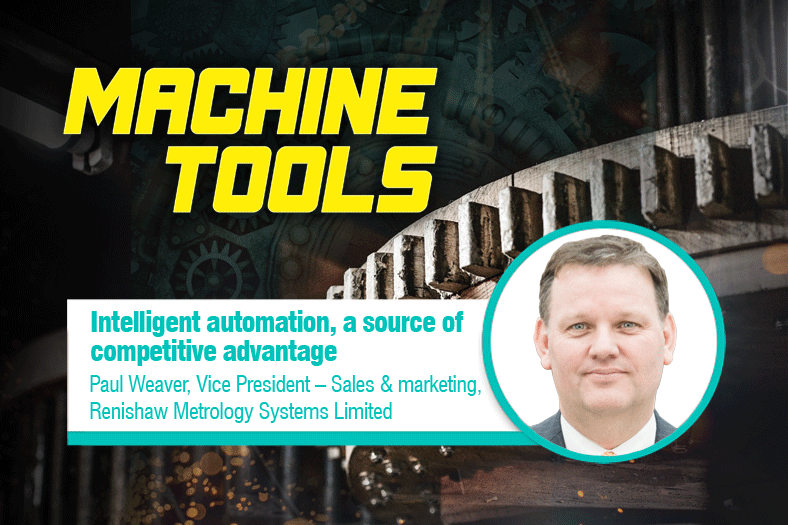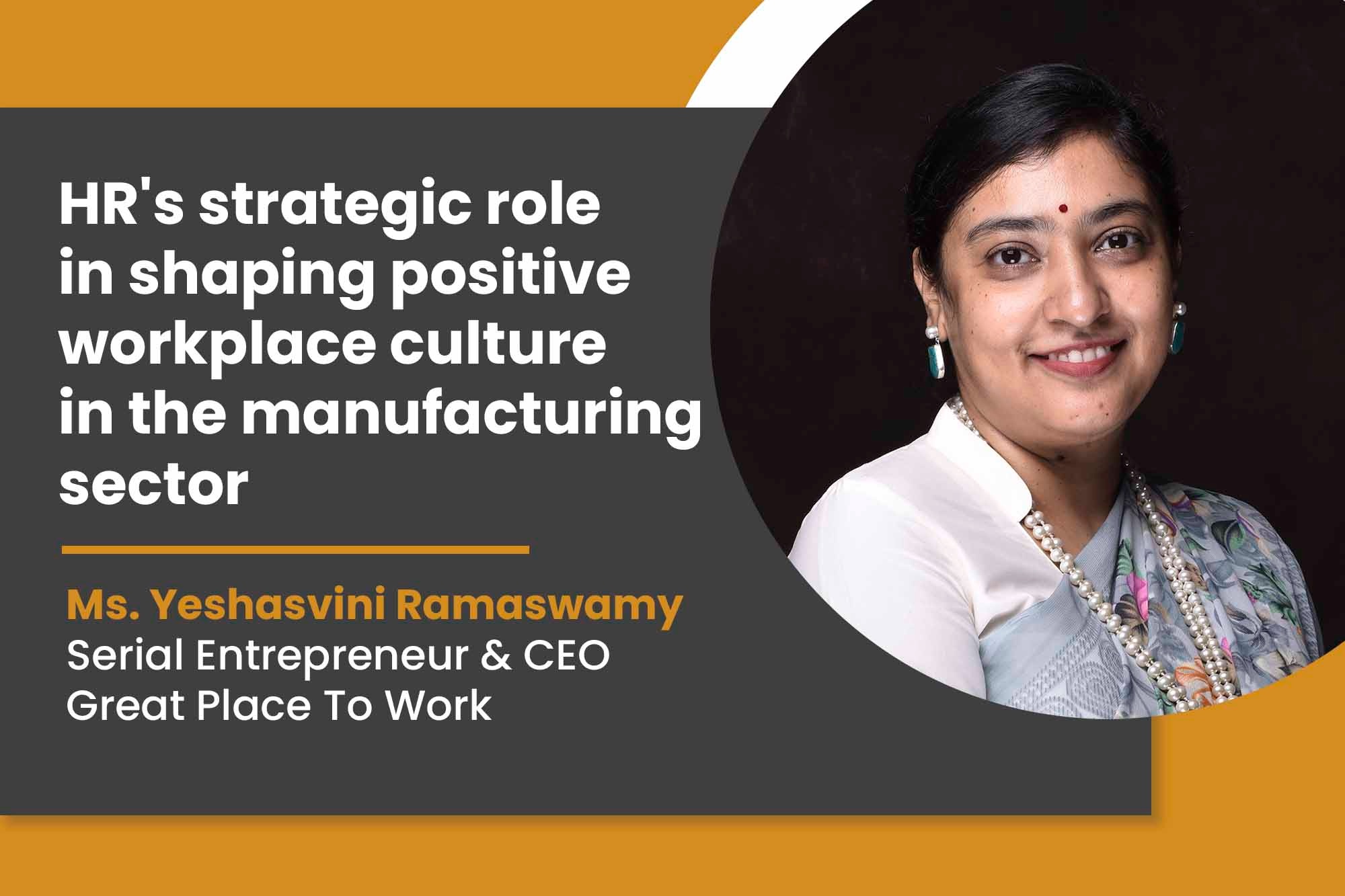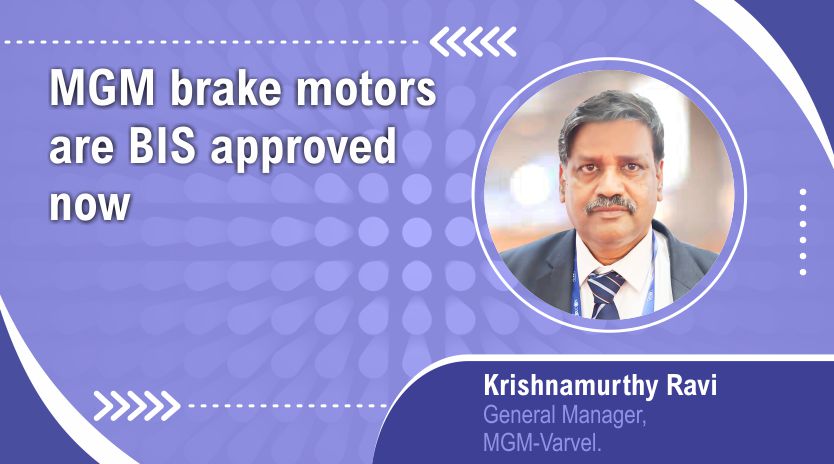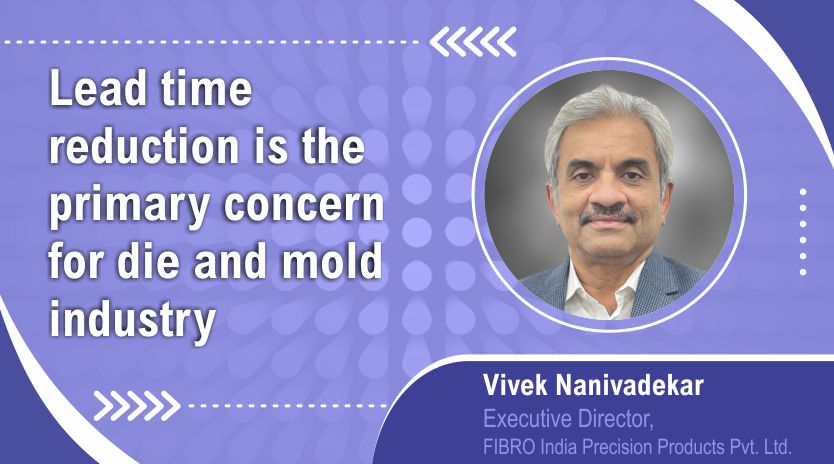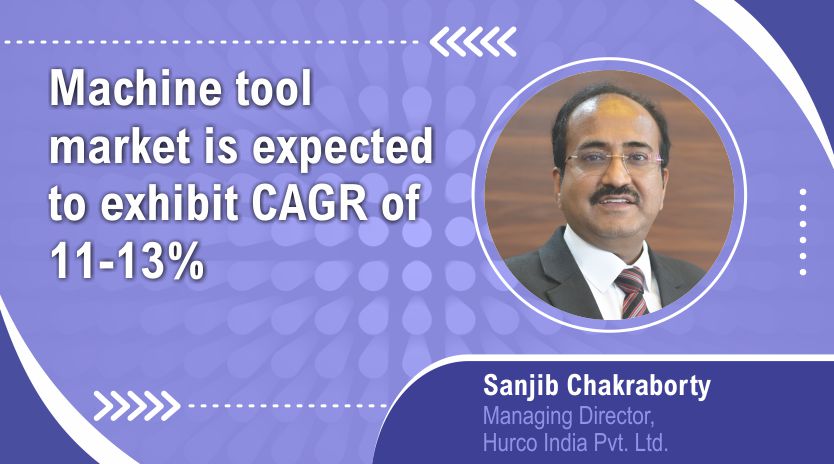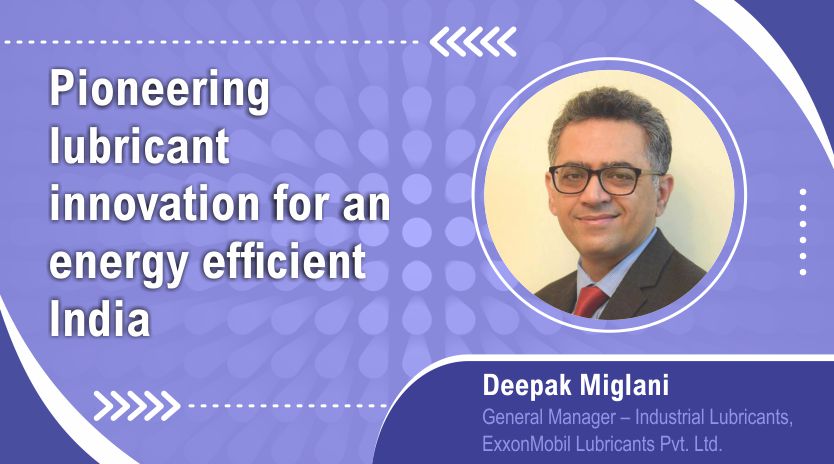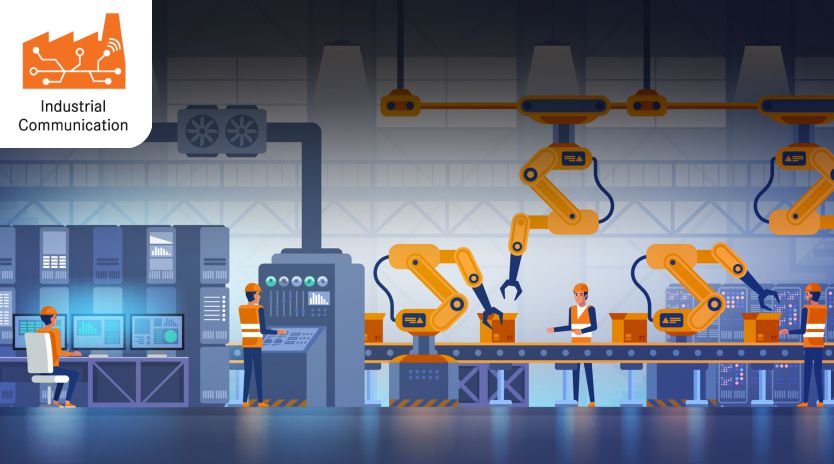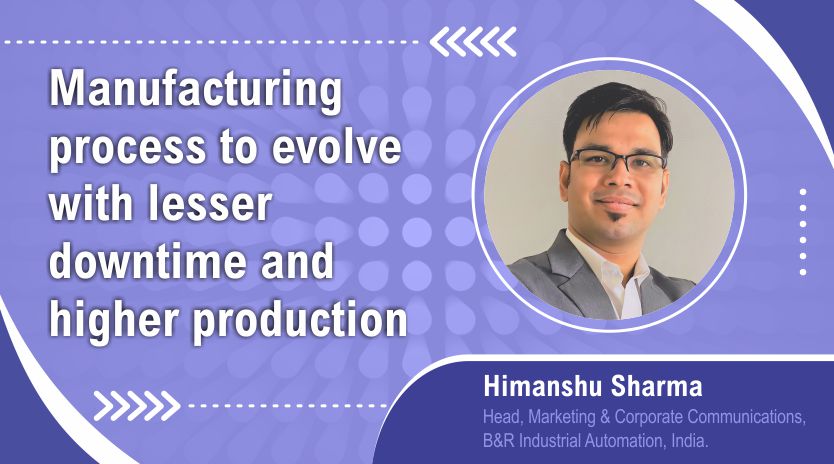Intelligent automation, a source of competitive advantage
By OEM Update Editorial January 11, 2019 3:47 pm IST
In the face of rapidly emerging Industry 4.0 trends, Renishaw stands as one of the world’s leading engineering and scientific technology companies, with expertise in precision measurement. Paul Weaver, Vice President – Sales & marketing, Renishaw Metrology Systems Limited discusses Renishaw’s machining facilities for enabled highly automated manufacturing process.
Please tell us a bit more through why there is a need for automated process control and how the intelligent one successfully operates a smart factor?
Intelligent machining processes (smart manufacturing) is a critical element in advanced manufacturing technology. Widely publicised trends such as Industry 4.0, the IIoT, cloud computing and data mobility provide manufacturers with an unparalleled opportunity to develop processes which deliver improved productivity and process capability.
Automation, measurement and feedback can deliver process control throughout the stages of manufacturing. Optimised processes monitor not only the condition of parts, but also the performance of machines, process trends, interventions and environmental effects.
Renishaw provides technologies required to measure and control many of the key process variables in CNC machining and other forms of manufacturing.
A combination of preventative, pro-active, reactive and tailgate measurements for process control has been used in Renishaw’s machining facilities very successfully over the past 25 years. This approach has enabled highly automated manufacturing with low overall labour costs to be realised.
Automation + Accuracy + Data capture + Integration + Intelligence = Productivity + Capability
In fact, at IMTEX, we are showcasing a Smart Factory set up, demonstrating to manufacturers how intelligent process control is key to the operation of a successful smart factory and to address the industry’s need for automated process control.
Process control can be achieved with closed-loop feedback using Equator, gauging data to update offsets directly on machine tool controls.
The gauging results can be easily read in real-time by IPC, which offers the ability to connect to certain modern machine tool controls. This allows offset values to be updated, enabling true automated process control.
Data from the Equator gauge can be used to update offsets repeatably and reliably, compensating for common causes of process instability, for example tool wear and thermal drift.
Tell us a bit more about Equatorgauge.
The Equator flexible gauge is offered with IPC software for intelligent process control, providing the functionality to fully automate tool offset updates in CNC manufacturing processes.
Users can now expect improved process capability in precision part machining, reduced setting and process adjustment time, and integration with automation systems.
The Equator gauge is unique in its design and method of operation, and has already changed the thinking of thousands of production engineers, making it their gauge of choice.
The versatility and repeatability that Equator offers is re-defining the world of gauging and, now available with IPC software, it offers an even wider range of capabilities to manufacturers globally.
How can intelligent automation be a source of competitive advantage, according to you?
Globally, a shift towards smarter, leaner and efficient manufacturing is taking place through data-driven manufacturing and automation.
Technology has changed the nature of manufacturing, with robotics, process and measurement machinery; IT systems are now an integral part of the factory floor. Sensor technology is developing rapidly and becoming more integral.
Which has been the biggest trend that has been driving smart/modern manufacturing innovation?Globally, a shift towards smarter, leaner and efficient manufacturing is taking place through data-driven manufacturing and automation. This is driving the smart manufacturing.
How do you gauge the role of Additive Manufacturing (AM) boosting up the productivity?
Metal Additive Manufacturing (AM) is already transforming the way many products are designed and manufactured, leading to improved in-service performance and new innovations.
Broadening the adoption of metal AM depends on increasing processing speed, assuring consistent high product quality and improving process economics.
2019 will be a testing year for Metal AM in India. Referring to WohlersReport globalMetal AM will run into several billions by 2021.
India has always been a price sensitive market and low component costs. Today, the cost of a Metal AM component has a much higher ratio of material cost, compared to conventional manufacturing. The raw material, i.e. the powder, must be sourced/manufactured locally.
The additional cost of importing these powders to India makes it less competitive. The powder manufacturing should look at such drivers. India still has a few gaps in the Metal AM echo system. We await an Auto prime or a major Auto supplier to adopt Metal AM as a service or captive consumption.
How do you forecast the future of Reinshaw in technological innovations?
Renishaw is one of the world’s leading engineering and scientific technology companies, with expertise in precision measurement and healthcare.
The company supplies products and services used in applications as diverse as jet engine and wind turbine manufacture, through to dentistry and brain surgery. It is also a world leader in the field of additive manufacturing (also referred to as metal 3D Printing), where it is the only UK business that designs and makes industrial machines which ‘print’ parts from metal powder.
Renishaw has always heavily invested in Research and Development – this continues at pace. With the market conditions, our leading edge technology and a strong local team, my vision is to continue to lead the market in metrology and further strengthen this position through education.
Educating customers of the massive benefits that process control brings to them in productivity and quality gains. This ultimately leads to increased profitability, which makes Indian industry more competitive in a Global marketplace.
A combination of preventative, pro-active, reactive and tailgate measurements for process control has been successfully used.
Paul Weaver, Vice President – Sales & marketing, Renishaw Metrology Systems Limited
Cookie Consent
We use cookies to personalize your experience. By continuing to visit this website you agree to our Terms & Conditions, Privacy Policy and Cookie Policy.



